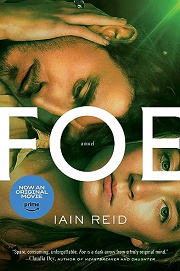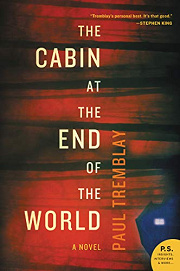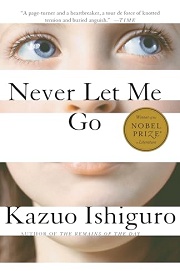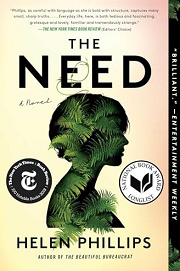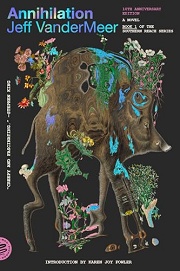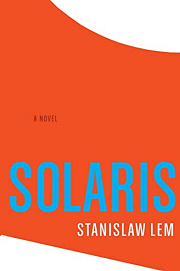Share your thoughts in a quick Shelf Talk!
Foe by Iain Reid
A stranger arrives at a remote farmhouse with an impossible proposition that could upend a couple’s quiet life—and their understanding of each other. With mounting dread and razor-taut intimacy, Foe spirals into a haunting exploration of identity, trust, and the stories we tell ourselves to feel safe.
Have you read this book? Share what you liked (or didn’t), and we’ll use your answers to recommend your next favorite read!
Love Foe but not sure what to read next?
These picks are popular with readers who enjoyed this book. Complete a quick Shelf Talk to get recommendations made just for you! Warning: possible spoilers for Foe below.
In Foe, did you enjoy ...
... the claustrophobic, remote-home tension where a stranger’s demand tears at a couple’s bond?
The Cabin at the End of the World by Paul Tremblay
If what grabbed you in Foe was Junior and Hen’s isolation on the farm and the way Terrance’s visit detonates their marriage, you’ll vibe with the pressure-cooker dread in The Cabin at the End of the World. When four strangers show up at a secluded lakeside cabin and insist a family must make an unthinkable choice to save the world, the intimate setting and escalating negotiations echo Terrance’s intrusive interviews—forcing private loyalties and fears into the harshest possible light.
... low-key, morally loaded sci‑fi that foregrounds relationships over tech or lore?
Never Let Me Go by Kazuo Ishiguro
You appreciated how Foe uses light-touch futurism—OuterMore’s mission, a replacement ‘companion,’ surveillance interviews—to probe love, consent, and personhood. Never Let Me Go does the same with Kathy, Ruth, and Tommy, whose lives within and beyond Hailsham gradually reveal a quietly horrifying scientific purpose. Like Reid, Ishiguro keeps the science understated and lets the emotional entanglements and ethical questions do the heavy lifting.
... a destabilized mind confronting an uncanny double inside the domestic sphere?
The Need by Helen Phillips
If Junior’s fraying sense of self—prodded by Terrance’s protocols and the idea of a ‘duplicate’ living with Hen—hooked you, The Need will, too. Molly, a sleep-deprived mother, comes home to find an intruder who looks and thinks like her. The book drills into interior panic and love under pressure, much like Foe’s intimate interrogations that turn the home into a site of existential threat.
... a first-person account whose observations grow suspect as reality slips?
Annihilation by Jeff VanderMeer
In Foe, Junior’s narration and Terrance’s interview transcripts leave you questioning what’s real—how much can you trust the story being told? In Annihilation, the Biologist’s field journal of the expedition into Area X similarly destabilizes perception. Her missing husband’s prior mission, the shifting terrain, and her own compromised senses mirror Foe’s creeping doubt about identity, substitution, and the reliability of a single perspective.
... a patient, atmospheric unraveling of an existential mystery?
Solaris by Stanislaw Lem
If you liked how Foe unfolds slowly—Terrance’s drip-feed of information, the contract-like check-ins, the dawning implications of Junior’s ‘replacement’—Solaris offers a similarly measured burn. Psychologist Kris Kelvin arrives at a space station where the planet’s ocean manifests living replicas, including a woman from his past. The deliberate pace deepens the philosophical unease, echoing Foe’s methodical approach to love, memory, and what makes someone ‘the same.’
Unlock your personalized book recommendations! Just take a quick Shelf Talk for Foe by Iain Reid. It’s only a few questions and takes less than a minute.
